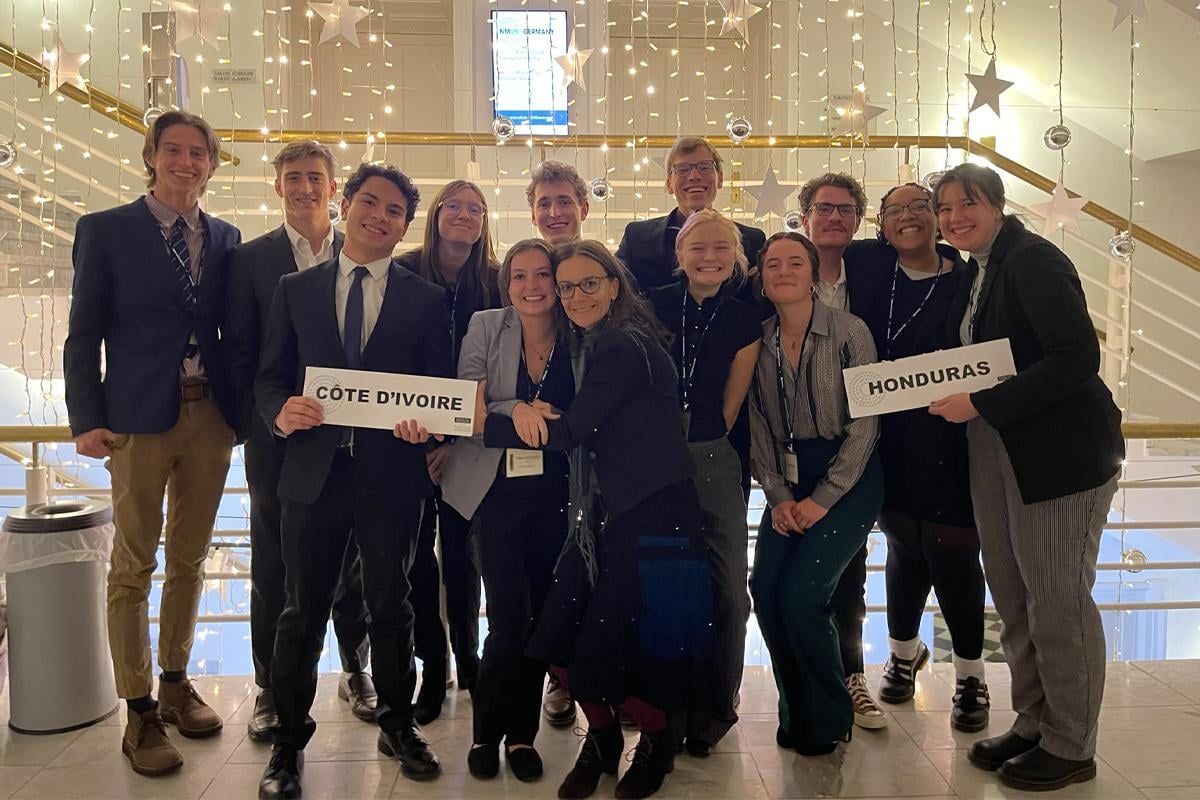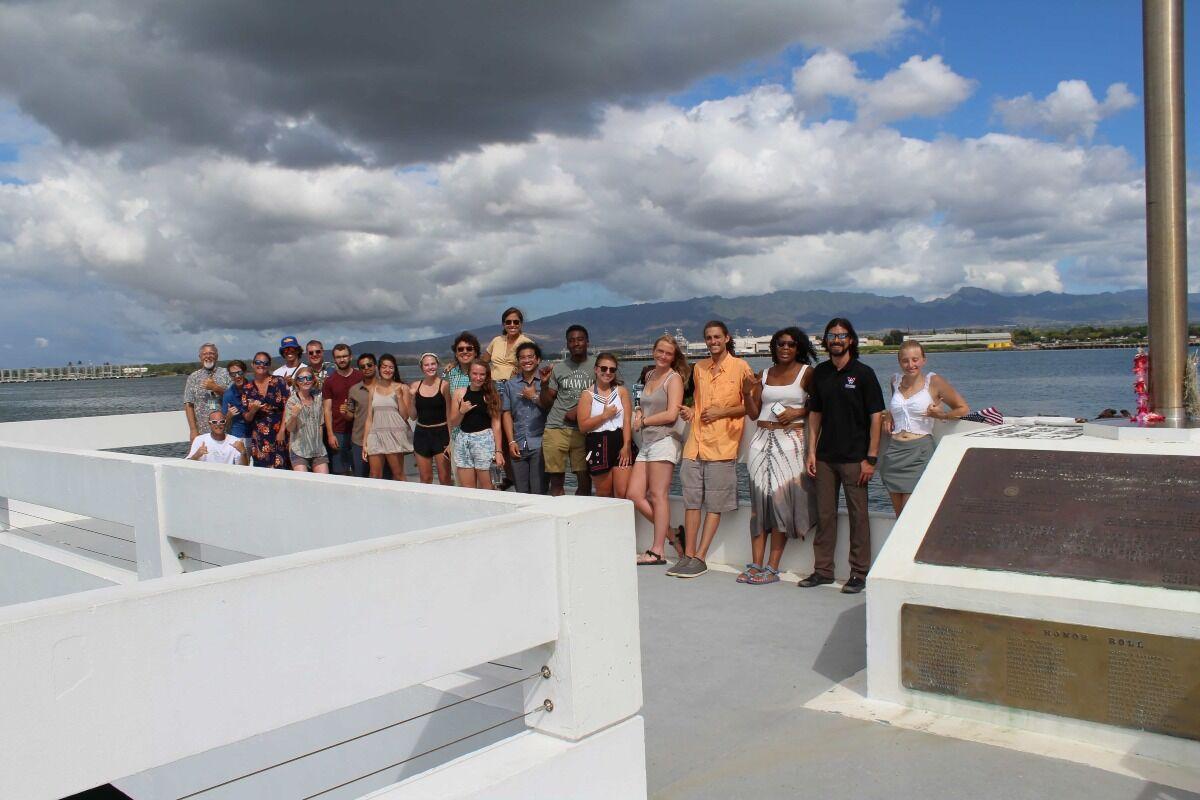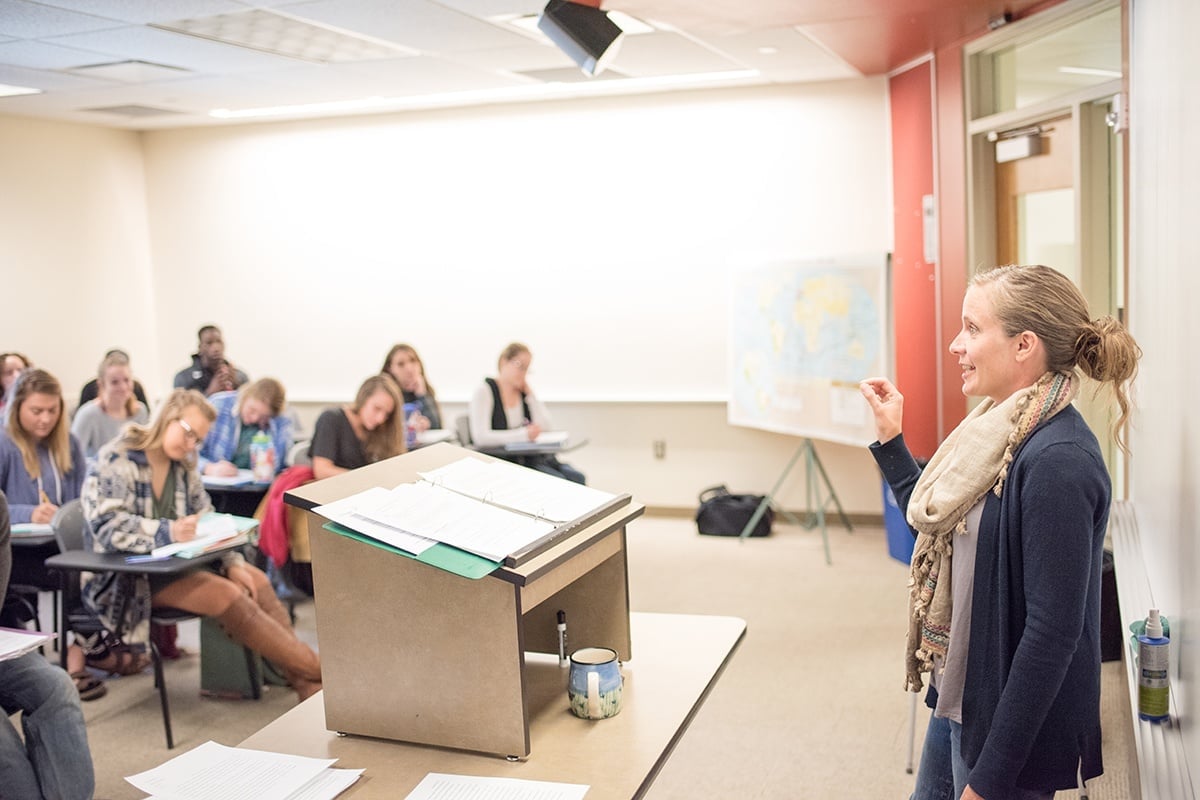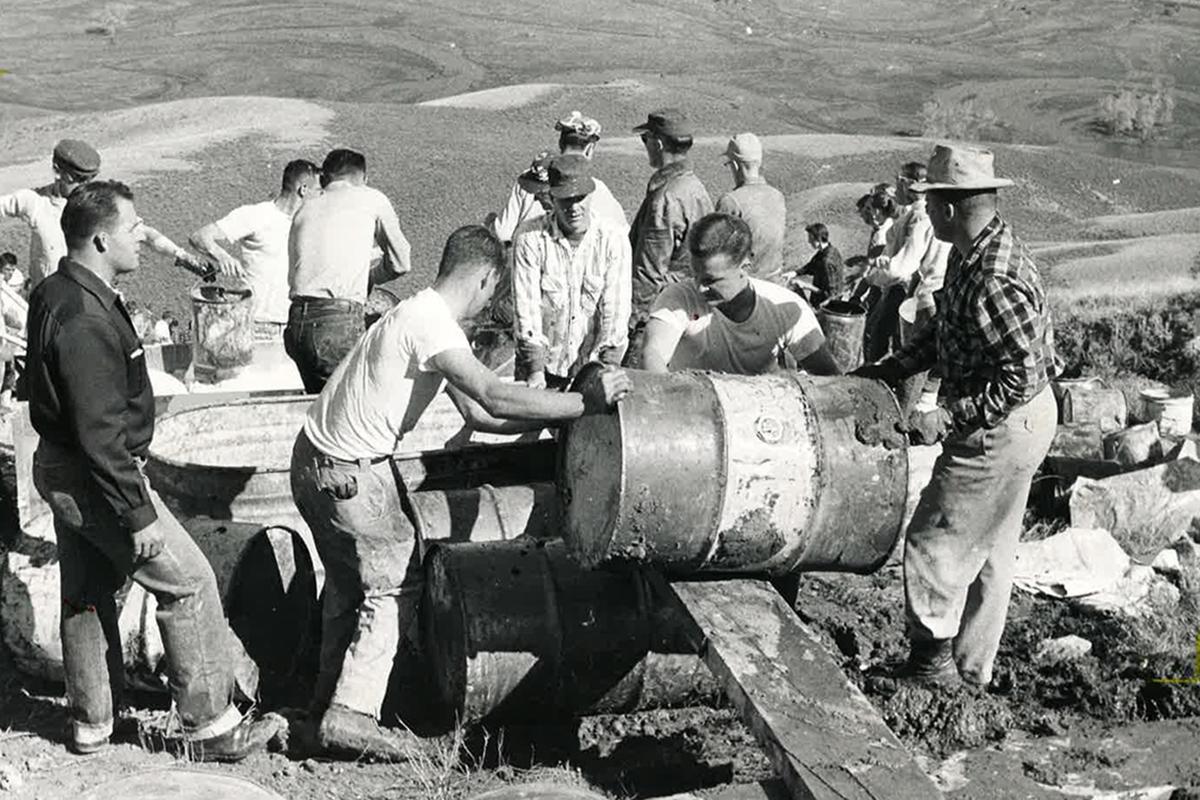Explore every aspect of the criminal justice system.
The Criminal Justice emphasis focuses on the three main institutions that make up the criminal justice system: crime, courts, and corrections. Through a dynamic blend of courses like Constitutional Law II and Psychopathology, you will critically examine the social constructions of social control and deviance, theories of crime and criminality, sentencing, punishment, alternate forms of punishment and rehabilitation.
To get a better sense of which career path you’ll want to take, industry professionals will teach some of your courses, including a law enforcement course taught by a local police detective and law courses taught by a chief district judge. Before graduating, you’ll have the opportunity to complete an internship in your area of interest including sheriff’s departments, police departments, domestic violence centers and other advocacy programs.











